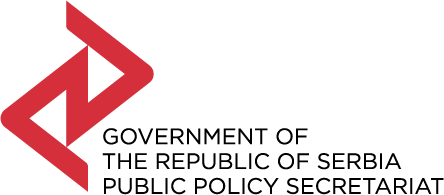The Republic of Serbia has started a new cycle of drafting “Economic Reform Programme” – (ERP) for 2024-2026. The first important step in the process of drafting this document was making a preliminary list of structural reforms that were recognized as fundamental for removing obstacles to economic growth, development and employment, as well as in strengthening economic competitiveness in the following three-year period.
In line with the European Commission Guidelines, as from this year, ERP 2024-2026 is focused on a narrower set of structural reforms compared to previous cycles, so that the focus is primarily on achieving established priorities. Namely, the European Commission Guidelines have been innovated in terms of designing structural reforms, downsizing them to 6, with the possibility that the structure of the reforms will be made up of a larger number of constituent elements i.e. measures. Accordingly, the structural reforms, which normally make up Chapter V of the document, are organized in three areas, namely: competitiveness,; sustainable development and resilience, and human capital and social policies.
In order to ensure the widest possible consensus when choosing structural reforms, in the past period, intensive interdepartmental consultations were held with the Working Group representatives for the ERP implementation preparation and monitoring, and two priority structural reforms were identified from each of the mentioned areas, also in accordance with the instructions of the European Commission.
A preliminary list of six structural reforms will be made available to the public online, via the websites of the Ministry of Finance and the Public Policy Secretariat from 1 to 15 September 2023. All interested parties may submit their comments and suggestions on the Preliminary List of Structural Reforms to the email below: erp@mfin.gov.rs by 15 September 2023.
As a candidate country for EU membership, in its pre-accession period, the Republic of Serbia prepares the Economic Reforms Programme on annual basis. This is a strategic document for planning economic policy and managing reforms, which are key to improving competitiveness and encouraging new jobs, facilitating social inclusion, as well as for meeting the economic criteria in the EU accession process. That dialogue is crucial in the preparations for EU membership, that is, for achieving a functional market economy and the necessary capacities to cope with competitive pressure and the European Union market.
The latest ERP 2023-2025 document is available on the following website:

